Guardians Of Washington’s Natural Heritage: A Look At The Washington State Department Of Fish And Wildlife
Guardians of Washington’s Natural Heritage: A Look at the Washington State Department of Fish and Wildlife
Related Articles: Guardians of Washington’s Natural Heritage: A Look at the Washington State Department of Fish and Wildlife
Introduction
With enthusiasm, let’s navigate through the intriguing topic related to Guardians of Washington’s Natural Heritage: A Look at the Washington State Department of Fish and Wildlife. Let’s weave interesting information and offer fresh perspectives to the readers.
Table of Content
Guardians of Washington’s Natural Heritage: A Look at the Washington State Department of Fish and Wildlife

The Washington State Department of Fish and Wildlife (WDFW) stands as a vital guardian of the state’s rich natural heritage, dedicated to the conservation, management, and enhancement of fish, wildlife, and their habitats. This agency plays a crucial role in ensuring the health and sustainability of Washington’s ecosystems, benefiting both the environment and the people who call this state home.
A Legacy of Stewardship:
The WDFW’s roots trace back to the early 20th century, when growing concerns about dwindling fish and wildlife populations prompted the establishment of a dedicated agency. The agency’s mission evolved over time, reflecting the changing needs of the state’s natural resources. Today, the WDFW encompasses a wide range of responsibilities, encompassing:
- Fish and Wildlife Management: The WDFW manages a diverse array of fish and wildlife species, including salmon, trout, steelhead, deer, elk, bear, and numerous bird species. This management involves setting regulations for hunting, fishing, and trapping, conducting population surveys, and implementing conservation programs.
- Habitat Protection and Restoration: The WDFW recognizes the importance of healthy habitats for the survival of fish and wildlife. The agency works to protect existing habitats, restore degraded areas, and create new habitats through various projects, including wetland restoration, forest management, and riparian buffer zones.
- Wildlife Disease Management: The WDFW actively monitors and manages wildlife diseases, including chronic wasting disease, West Nile virus, and avian influenza. This includes surveillance, disease prevention, and control measures to protect both wildlife and human health.
- Education and Outreach: The WDFW plays a crucial role in educating the public about fish and wildlife conservation. The agency offers educational programs, publishes resources, and engages in public outreach to foster understanding and appreciation for the state’s natural resources.
- Enforcement and Law Enforcement: The WDFW enforces fishing, hunting, and trapping regulations to ensure compliance and protect wildlife resources. This includes patrolling state lands, investigating violations, and issuing citations.
The Importance of the WDFW:
The work of the WDFW directly benefits both the environment and the people of Washington. Here are some key reasons why this agency is essential:
- Biodiversity Conservation: The WDFW’s efforts safeguard the state’s biodiversity, ensuring the survival of a wide array of species, from the smallest insects to the largest mammals. This biodiversity is crucial for maintaining healthy ecosystems and providing essential services like pollination, water filtration, and climate regulation.
- Economic Benefits: Washington’s fish and wildlife resources contribute significantly to the state’s economy. Recreation activities such as hunting, fishing, and wildlife viewing generate billions of dollars in revenue and support thousands of jobs.
- Public Health and Safety: The WDFW’s efforts to manage wildlife diseases and protect habitats contribute to public health and safety. By preventing the spread of diseases and ensuring the health of ecosystems, the agency helps to minimize risks to human health and reduce the potential for conflict between humans and wildlife.
- Cultural Heritage: Fish and wildlife play a significant role in Washington’s cultural heritage. The agency works to preserve and promote these traditions, ensuring future generations can enjoy the connection to the natural world that has been a part of the state’s history.
FAQs
Q: How can I get a fishing or hunting license?
A: You can purchase fishing and hunting licenses online, at WDFW offices, or at licensed vendors throughout the state.
Q: What are the regulations for hunting and fishing in Washington?
A: The WDFW publishes a comprehensive set of regulations for hunting and fishing in Washington, including species-specific seasons, bag limits, and other requirements. These regulations are available online and at WDFW offices.
Q: How can I report a wildlife violation?
A: You can report wildlife violations by calling the WDFW’s 24-hour poaching hotline at 1-877-933-WILD (9453).
Q: How can I learn more about wildlife in Washington?
A: The WDFW offers a variety of resources, including online publications, educational programs, and events, to help you learn more about wildlife in Washington.
Tips
- Respect Wildlife: When encountering wildlife, maintain a safe distance and observe from afar. Avoid disturbing animals, especially during nesting or breeding season.
- Be Aware of Your Surroundings: When hiking or recreating in the outdoors, be aware of your surroundings and take precautions to avoid encounters with wildlife.
- Dispose of Trash Properly: Always dispose of trash properly to prevent attracting wildlife and creating potential hazards.
- Report Injured or Sick Wildlife: If you encounter injured or sick wildlife, contact the WDFW for assistance.
- Support Conservation Efforts: Support conservation efforts by donating to the WDFW or participating in volunteer opportunities.
Conclusion
The Washington State Department of Fish and Wildlife plays a vital role in safeguarding the state’s natural heritage. Through its diverse range of activities, from managing fish and wildlife populations to protecting habitats and educating the public, the WDFW ensures the health and sustainability of Washington’s ecosystems. The agency’s commitment to conservation, education, and responsible resource management ensures that future generations can enjoy the rich natural beauty and ecological benefits that Washington has to offer.


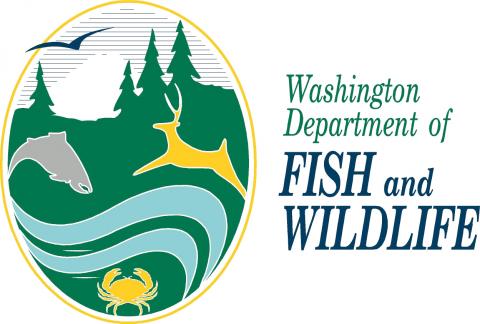

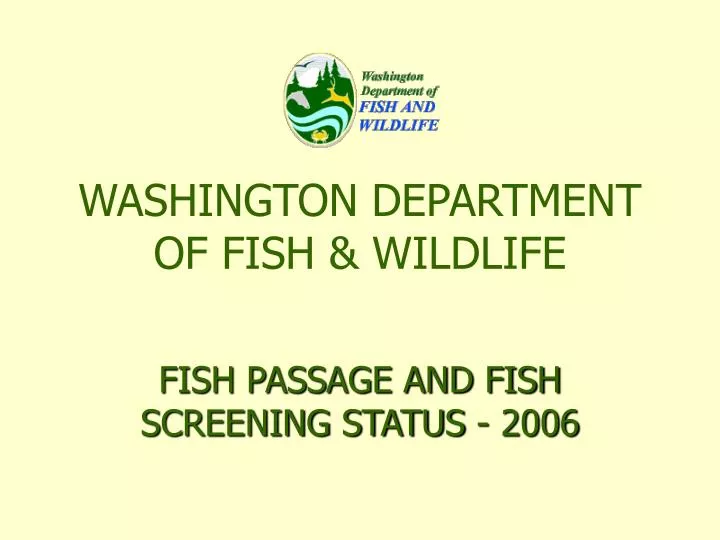
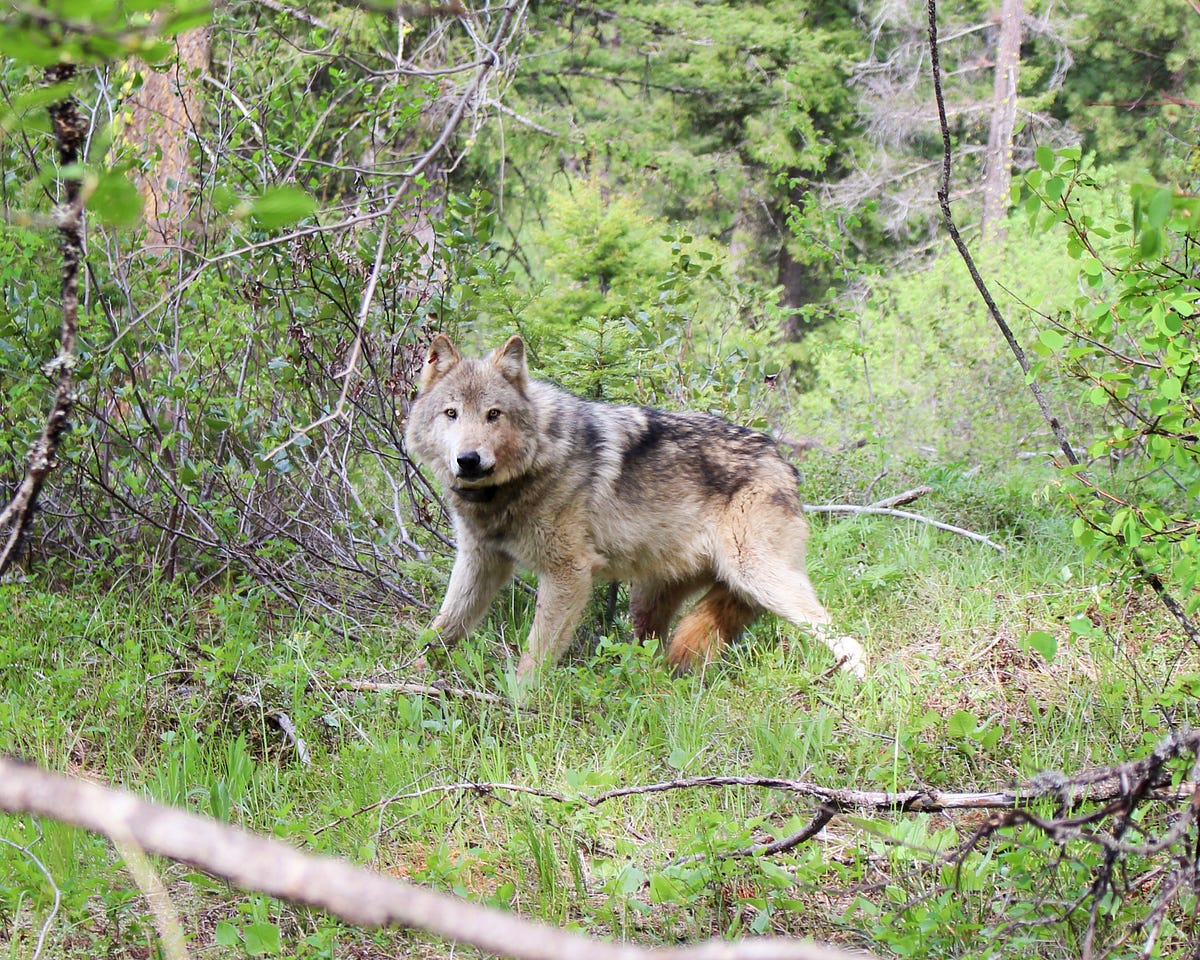
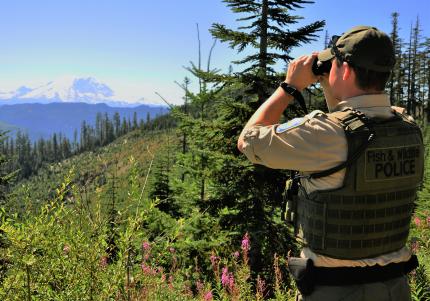
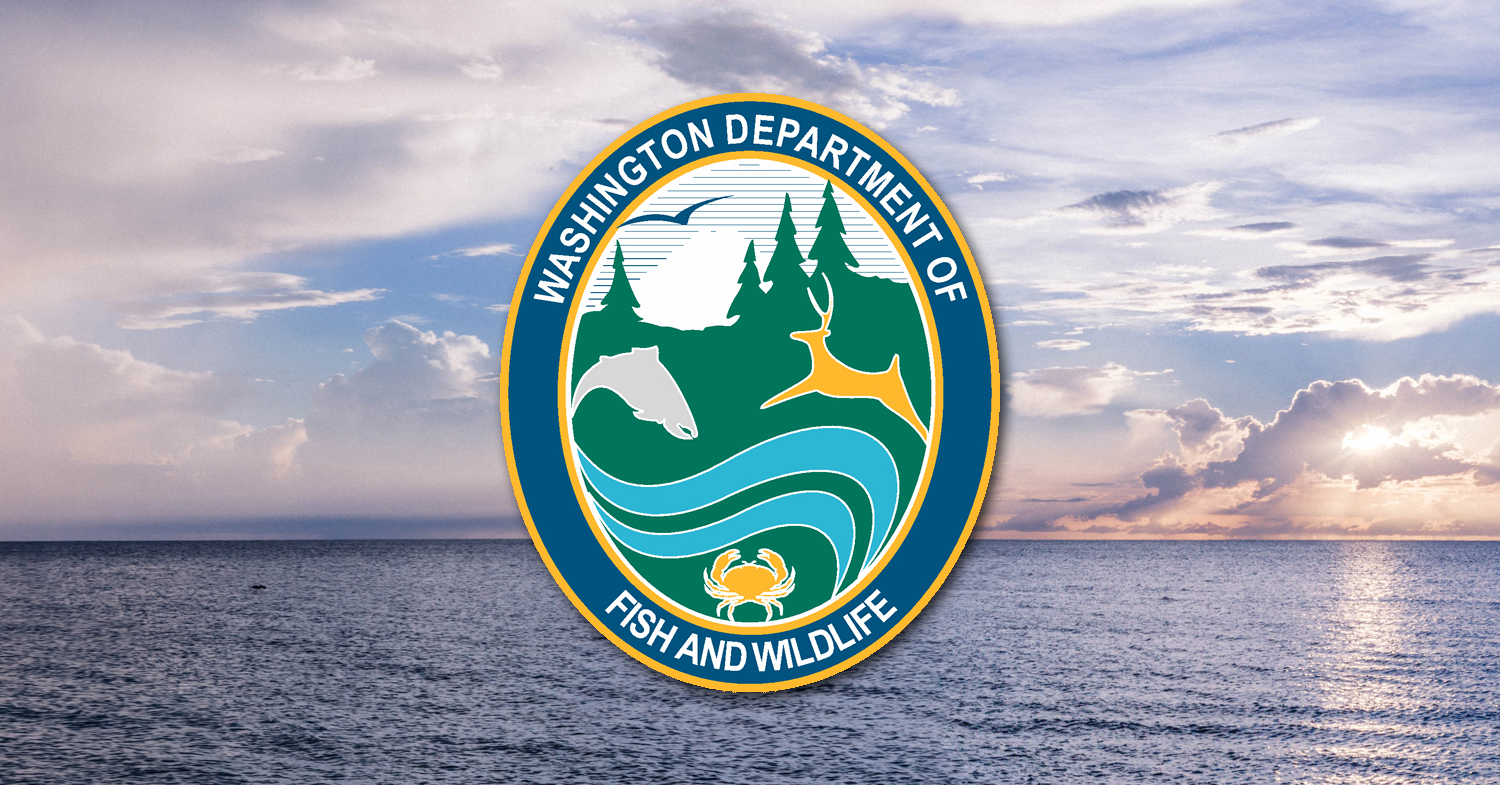
Closure
Thus, we hope this article has provided valuable insights into Guardians of Washington’s Natural Heritage: A Look at the Washington State Department of Fish and Wildlife. We thank you for taking the time to read this article. See you in our next article!